Improving your VO₂ max—the maximum amount of oxygen your body can use during intense exercise—is a powerful way to enhance cardiovascular fitness, increase stamina, and support long-term heart health. For individuals managing hypertension, this becomes even more critical. The good news? Strategic weekly meal prep can play a pivotal role in boosting aerobic capacity while keeping blood pressure in check.
This guide delivers a practical, coach-style blueprint to help you use nutrition as a tool to improve VO₂ max—safely and effectively—without overwhelming your schedule or compromising your health.
VO₂ max is a strong predictor of cardiovascular health and overall longevity. Lower VO₂ max levels are associated with higher risks of heart disease, stroke, and metabolic disorders. For people with hypertension, improving aerobic fitness can help reduce resting blood pressure, enhance circulation, and increase the heart’s efficiency.
While aerobic training is the primary driver of VO₂ max improvement, nutrition supports the process by fueling workouts, reducing inflammation, and promoting vascular health. Weekly meal prep ensures consistency, reduces reliance on processed foods, and helps maintain balanced electrolytes—key for blood pressure control.
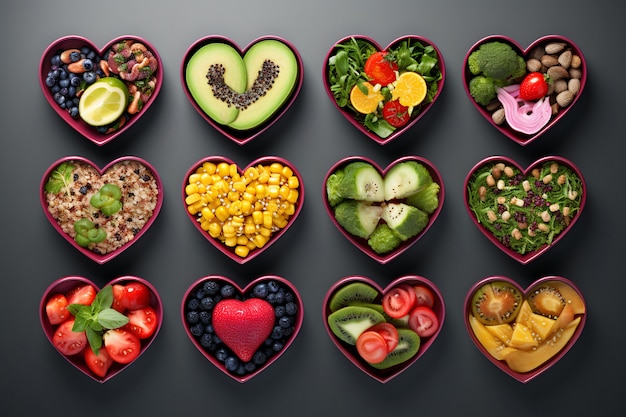
Success starts with planning. A structured weekly meal prep routine keeps you on track with nutrient-dense, low-sodium, high-fiber foods that support both endurance and blood pressure management.
Vegetables like spinach, arugula, beets, and celery are naturally high in nitrates, which the body converts to nitric oxide—a compound that improves blood flow and oxygen delivery to muscles. This directly supports VO₂ max enhancement.
👉 Prep Tip: Roast beets in bulk, store chopped greens in airtight containers, and blend spinach into smoothies or grain bowls.
Protein supports muscle repair and endurance adaptation. Opt for skinless poultry, fatty fish (like salmon and mackerel), legumes, and tofu. Fatty fish are rich in omega-3 fatty acids, which help reduce inflammation and support arterial flexibility.
👉 Prep Tip: Bake or grill portions of salmon and chicken at the start of the week. Store in portion-sized containers for quick assembly.
Sustained energy for aerobic training comes from complex carbs like oats, quinoa, sweet potatoes, and brown rice. These also provide fiber, which helps regulate blood pressure and improve gut health.
👉 Prep Tip: Cook a large batch of quinoa or brown rice and divide into meal-sized portions. Cool and store for use in salads, bowls, or side dishes.
Excess sodium raises blood pressure, while potassium helps counteract its effects. Avoid processed foods and canned goods with added salt. Instead, load up on potassium-rich foods: bananas, avocados, tomatoes, white beans, and baked potatoes.
👉 Prep Tip: Use herbs, citrus, garlic, and vinegar for flavor instead of salt. Create homemade dressings and marinades to control sodium content.
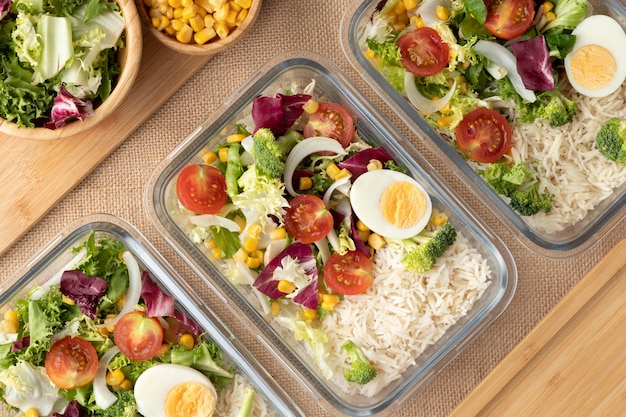
Not every week goes as planned. These modifications keep you on track without stress:
Day 1 (Sunday): Roast beets and sweet potatoes, cook quinoa, grill salmon and chicken, chop leafy greens, prepare mason jar salads.
Midweek Refresh (Wednesday): Steam broccoli, cook lentils, blend a batch of smoothie packs with spinach, banana, and chia seeds.
Each day, assemble meals using prepped components. Example: Quinoa bowl with roasted veggies, chickpeas, and tahini-lemon dressing.
Improving VO₂ max isn’t just for athletes—it’s a vital goal for anyone serious about heart health, especially those managing hypertension. Weekly meal prep empowers you to take control of your nutrition, reduce dietary risks, and fuel your body for better endurance and lower blood pressure.
With smart planning, simple ingredients, and consistent habits, you can build a sustainable routine that supports long-term wellness—one meal at a time.

Health

Health

Health

Health
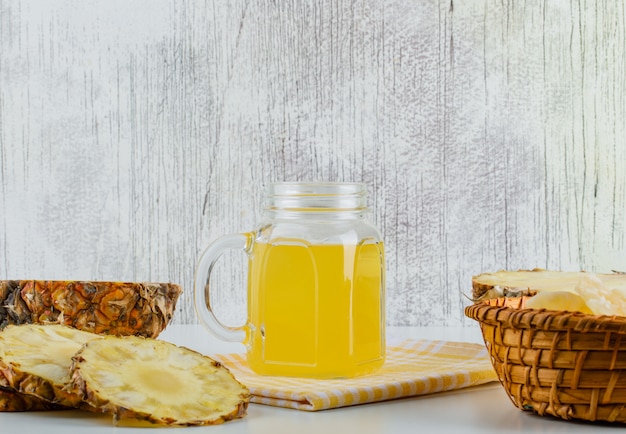
Health

Health
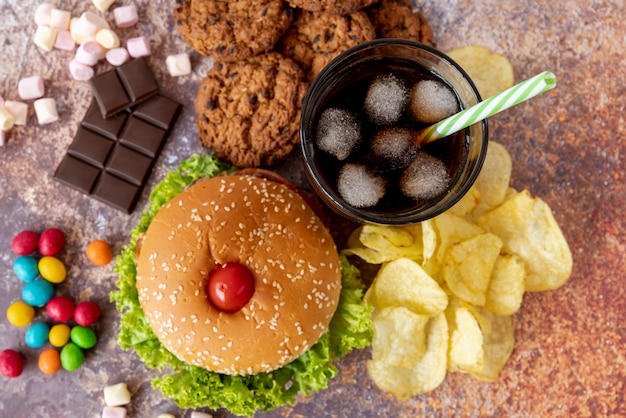
Health

Health
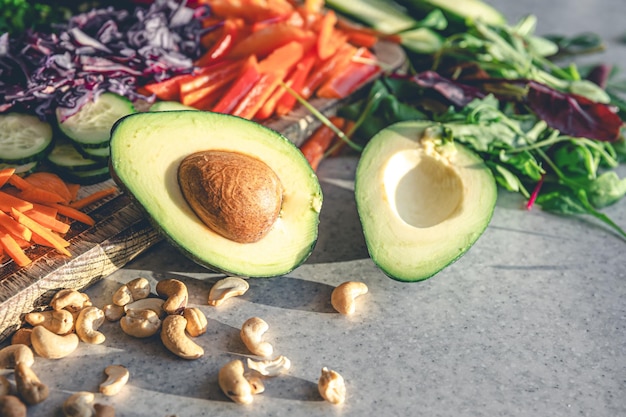
Health
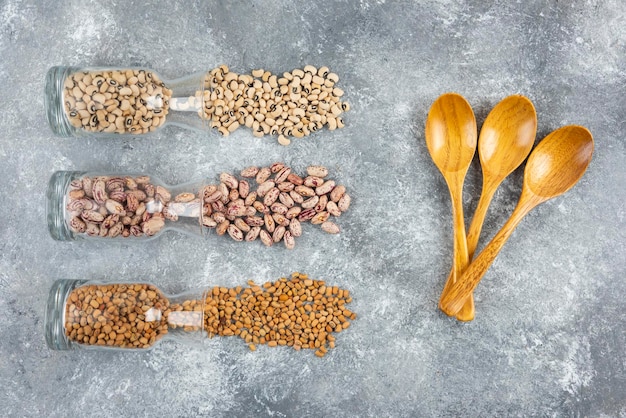
Health
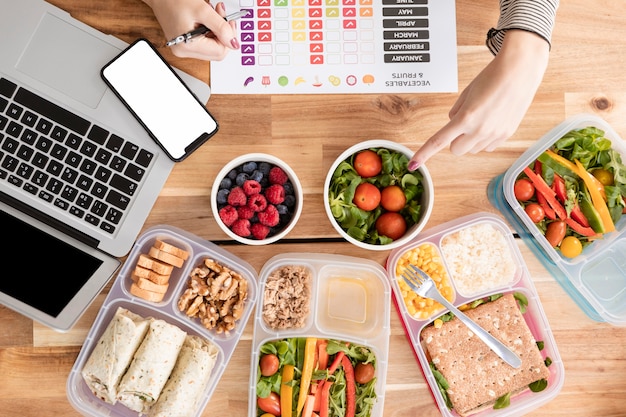
Wellness

Fitness

Health

Fitness

Health

Health